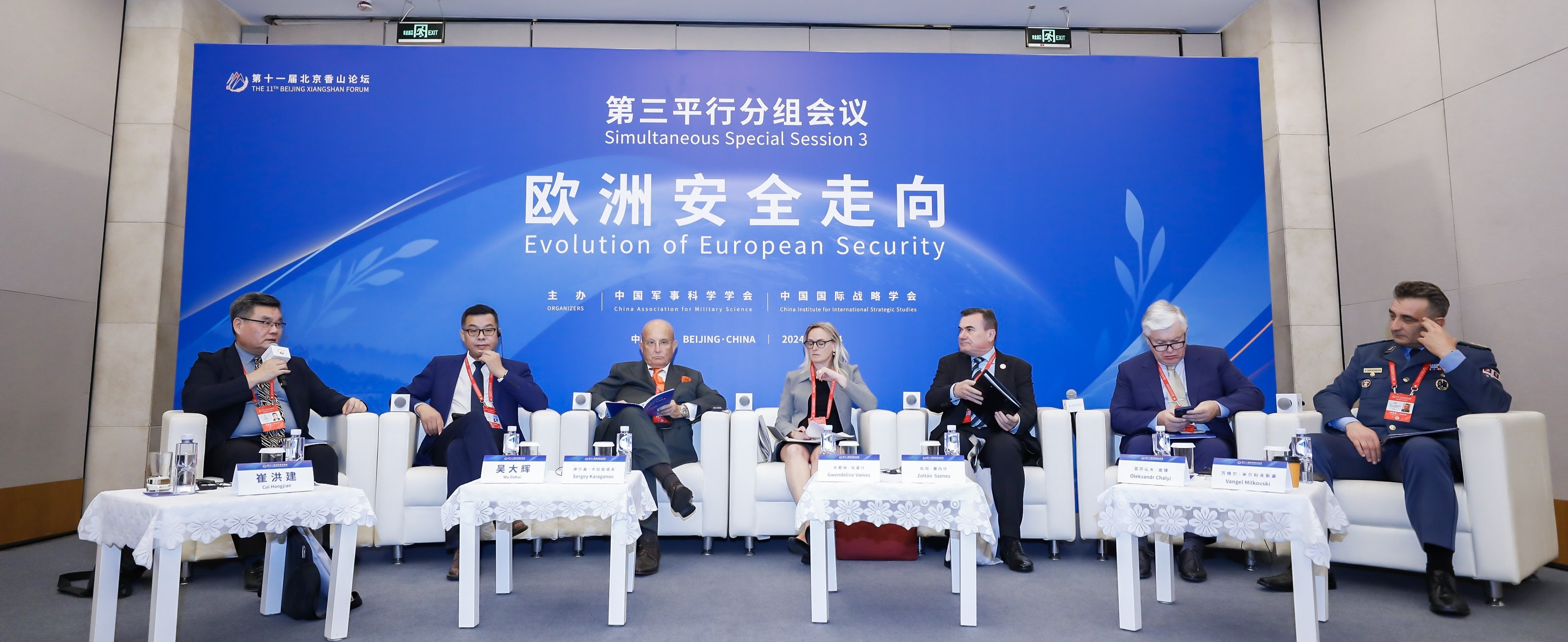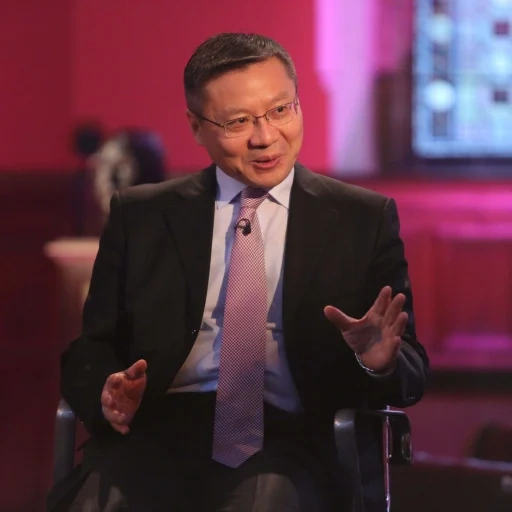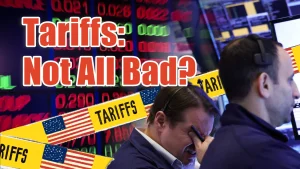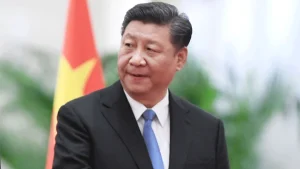Russia, Ukraine, and NATO Meet at The Biggest Military Forum in China

Journalist:
Dear Professor Zhang, I’m a reporter from China Military Network. What are the topics you are most concerned about in this Beijing Xiangshan Forum?
Zhang Weiwei:
I am deeply interested in several themes discussed at this year’s Xiangshan Forum, particularly regarding security in the Asia-Pacific region and the current situation in Europe, especially the impacts of the Russia-Ukraine conflict. I just came from the main session where I listened to a keynote speech by our Defense Minister, General Dong Jun, as well as presentations from six foreign defense ministers and senior military leaders. It has been quite enlightening. You can see the significance of the Xiangshan Forum in today’s world, as we are experiencing widespread unrest; Europe has lost its peace, the Middle East is in turmoil, and these crises have the potential to escalate further.
 Zhang Weiwei (Right), a well-known professor in China, attended the Xiangshan Forum in September.
Zhang Weiwei (Right), a well-known professor in China, attended the Xiangshan Forum in September.
In the past, it was hard to imagine the possibility of a third world war, but now discussions about it have become common in Europe and the Middle East. I’ve heard that NATO is considering allowing its weapons to target deep inside Russia, to which Russia has responded by saying, “We must consider the possibility of nuclear war.” These developments highlight the loss of peace for humanity, which in turn jeopardizes development, leading to a vicious cycle. That’s why we are hosting this forum, inviting representatives from over 100 countries and more than 200 scholars to engage in dialogue and exchange ideas.
In his speech, Minister Dong Jun repeatedly emphasized an important point: China’s security perspective, which includes several key elements—common security, comprehensive security, cooperative security, and sustainable security. It’s not enough for a few countries or small groups to feel secure while others are not; that understanding is flawed. True security is collective and comprehensive. Today, security extends beyond traditional military conflicts to include non-traditional issues like the development of artificial intelligence, refugee crises, and climate change, which have led smaller countries to voice concerns about being submerged or affected.
I also want to emphasize the importance of collaborative development, advocating for the principle of “harmony as a priority” to collectively address various security challenges. This approach is essential for achieving sustainable security; otherwise, it won’t last long. Minister Dong Jun repeatedly emphasized the need for both symptom and root cause solutions, which aligns well with Chinese philosophy. I personally believe that one significant reason this forum is initiated by the Chinese military is that China is now a major military power. We hold considerable influence in the world; if China states that no one is allowed to initiate conflict in this region, especially in the Asia-Pacific, it means we will not tolerate anyone stirring up war here, and we will use all necessary means to prevent it. As a result, when China speaks, it carries weight, and other countries are willing to attend this forum.
This afternoon, I’m planning to attend the parallel session on “The Direction of European Security” because I know many of the participants attending the parallel session, including Karaganov, a highly influential political scholar from Russia, as well as former Ukrainian Deputy Foreign Minister Mr. Alexander Chaly. I believe it’s very meaningful for a forum like this to bring together influential Russian scholars and former Ukrainian officials to speak in the same session. The two have met at the same forum last year, and given the ongoing developments in the Russia-Ukraine war, as well as the participation of representatives from various sensitive Western institutions this year, I think it’s a positive step to facilitate diverse discussions and communication among all parties.
Editor: Catherine Yang



